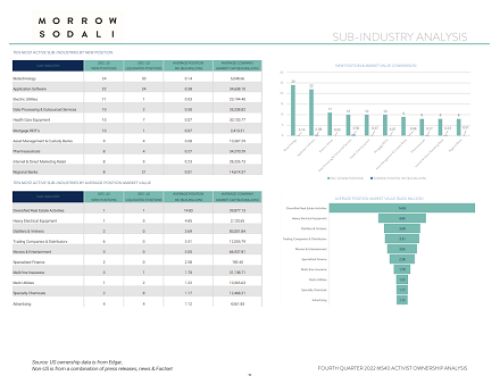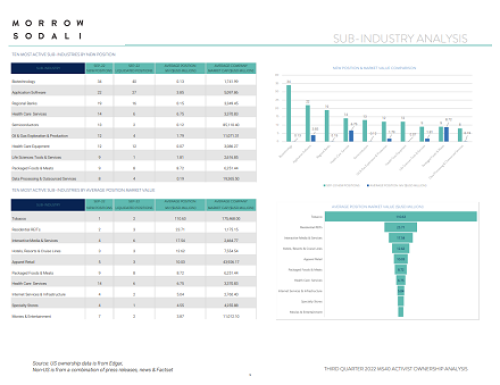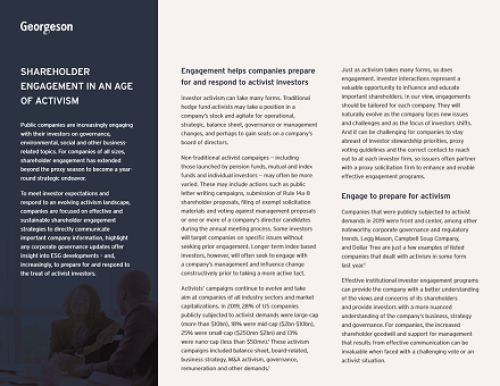FTC ruling could prevent hedge funds from quietly building stakes before campaigns for management change
Activist investor Third Point has agreed to settle charges that it failed to inform regulators it was building a large stake in Yahoo while pushing for management changes at the company, according to the US Federal Trade Commission (FTC).
The ruling could make it more difficult for activist hedge funds in the US to quietly build positions in a company while preparing to push for board representation or management overhauls.
The FTC says Third Point, run by activist investor Daniel Loeb, violated premerger reporting laws when it failed to report in 2011 that it was building a stake in Yahoo. The commission says Third Point claimed its stake was ‘investment only’ and therefore exempt from some reporting laws, but that it clearly intended to build its position to push for changes at Yahoo.
‘The investment-only exemption is a narrow one limited to situations in which the investor has no intention to influence the management of the target firm,’ says Deborah Feinstein, director of the FTC’s bureau of competition, in a press release. ‘Here, Third Point’s conduct demonstrated that it intended to have more than a passive interest in Yahoo, which obligated its affiliated funds to make an HSR filing and wait before acquiring shares.’
Third Point will face no fine or other penalty for the violation, but it has been prohibited from using the investment-only exemption in cases where it has contacted third parties ‘to gauge their interest in joining the board of the target company, communicated with the target company about proposed candidates for its board, or engaged in other specified conduct.’
The FTC approved the ruling against Third Point in a 3-3 vote, with dissenting commission members arguing in a separate statement that ‘this order, as well as the majority’s interpretation of the investment-only exemption, will more generally chill such advocacy by the respondent and other similar firms.’










